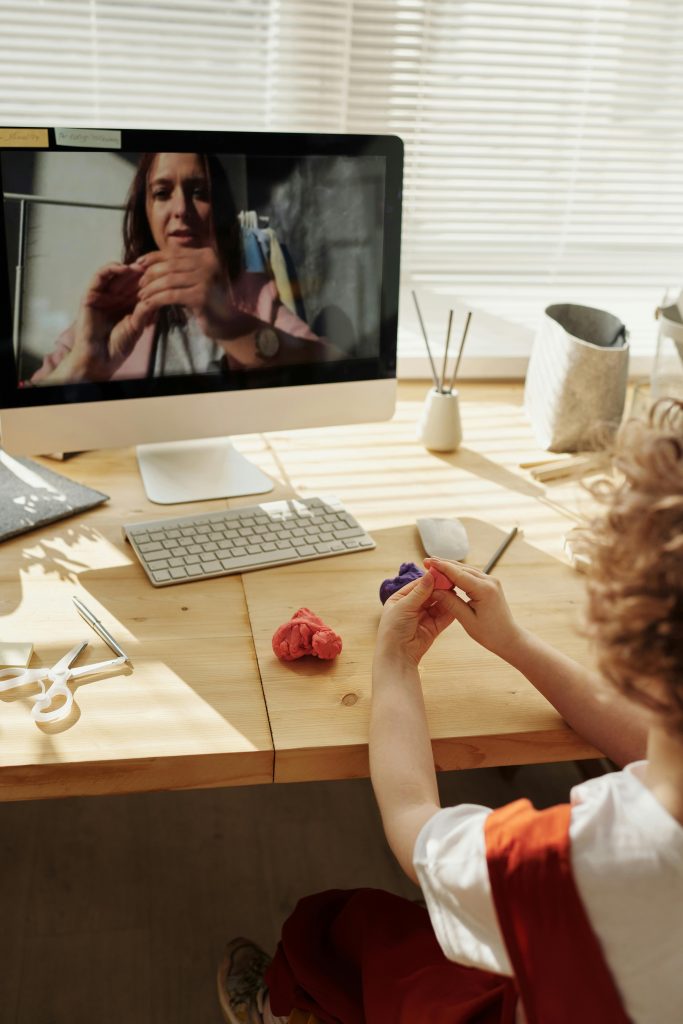Troubleshooting Persistent Boot Errors and Keyboard Input Issues on Your PC
Encountering boot-related error messages can be a frustrating experience, especially when basic troubleshooting steps don’t seem to resolve the problem. One common error many users face is the message: “Reboot and select proper boot device,” which typically indicates that the system cannot locate a valid bootable drive. Compounding this issue, some users find that their keyboard doesn’t respond during the BIOS splash screen, making it difficult or impossible to access BIOS settings and change boot priorities. In this article, we’ll explore the potential causes of this problem and outline effective troubleshooting steps to restore normal operation to your PC.
Understanding the Issue
The error message “Reboot and select proper boot device” usually appears when the computer can’t detect a bootable operating system on the designated drive. This can result from various factors, including:
- Incorrect boot order settings in BIOS
- Loose or disconnected storage device cables
- Corrupted or failed storage drives
- BIOS configuration issues
Meanwhile, the inability to use the keyboard during the BIOS splash screen suggests a potential hardware recognition problem or a BIOS setting disabling the keyboard.
Initial Troubleshooting Steps
- Verify Hardware Connections
- Power off your PC completely.
- Open your computer case (if desktop) or access the necessary panels (if laptop) following manufacturer guidelines.
- Check that the storage drive (HDD/SSD) cables are securely connected to both the motherboard and the drive.
-
Ensure that peripheral devices, such as your keyboard, are properly connected. If using a USB keyboard, try plugging it into different ports, preferably directly into the motherboard’s ports rather than through hubs.
-
Reset BIOS Settings
Since it appears the keyboard isn’t responding in BIOS, resetting BIOS to default settings might help: -
Power off the PC.
- Locate the CMOS reset jumper on your motherboard (consult your motherboard manual if unsure).
- Use the jumper to clear CMOS settings or temporarily remove the CMOS battery for a few minutes, then reinsert.
-
Alternatively, some motherboards have a dedicated “Clear BIOS” button or switch.
-
Test the Keyboard
- If possible, try using a different keyboard, preferably one known to work elsewhere.
- If your keyboard is USB, test both USB 2.0 and USB 3.0 ports.
-
If you’re using a wireless keyboard, switch to a wired one during troubleshooting.
-
Check for BIOS Access
- After resetting BIOS, reconnect power and turn
Share this content:



